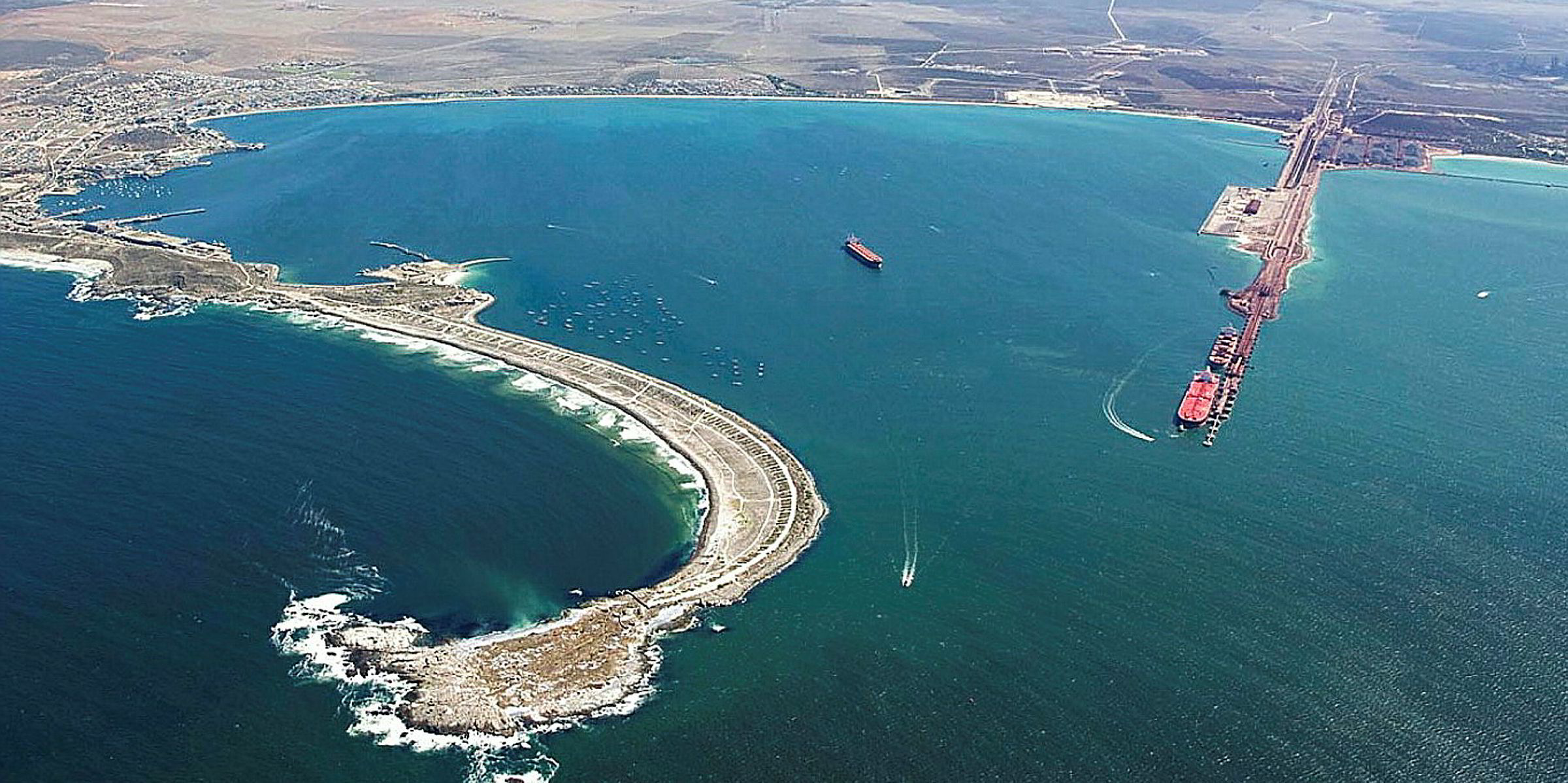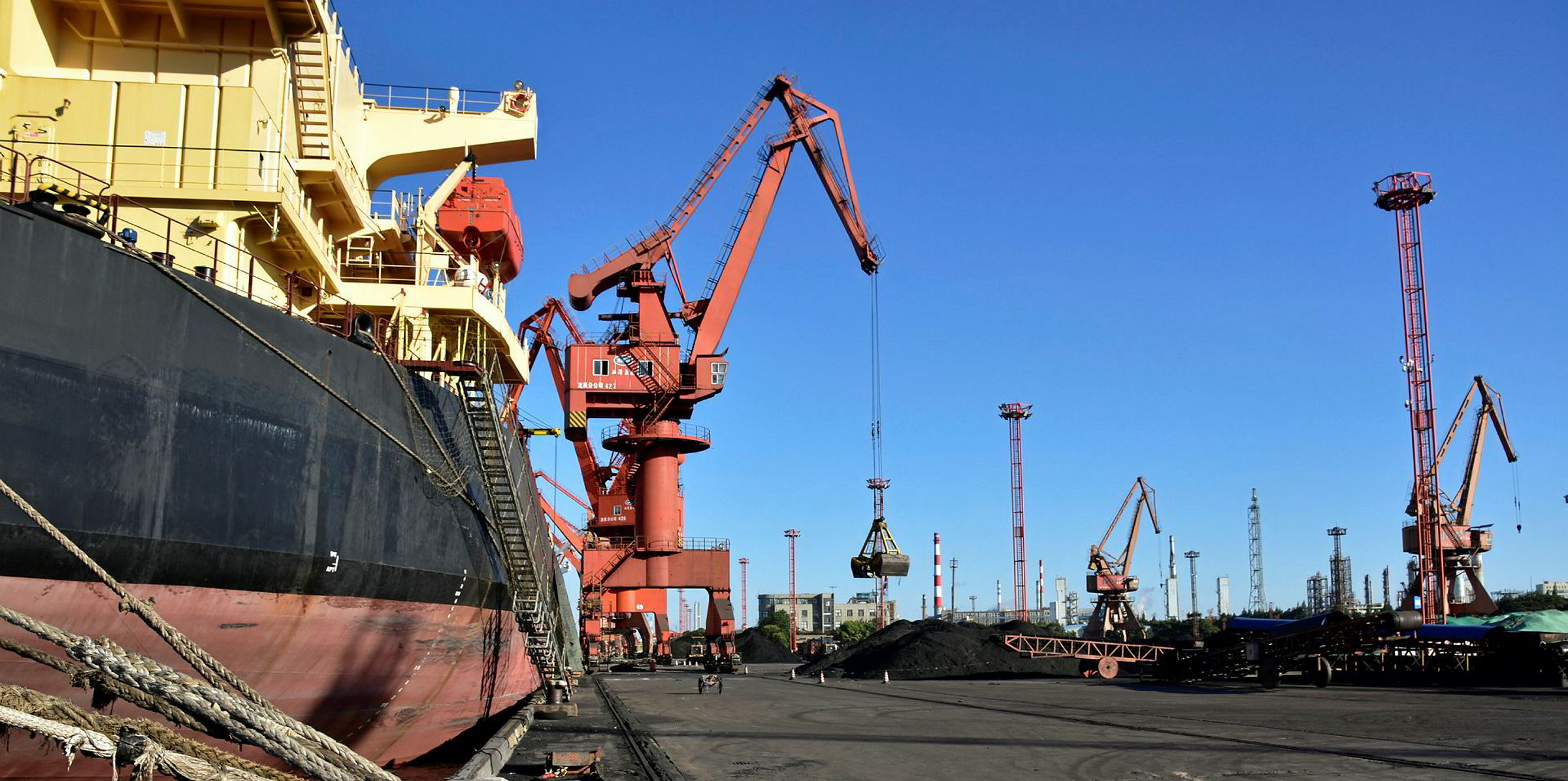A rebound in capesize earnings has slowed due to disruptions in South African iron ore exports and lacklustre Chinese imports, even as the trade war truce between China and the US offers some optimism.
According to the Baltic Exchange, the weighted time charter average for capesize bulkers fell from $16,836 per day on 27 November to $13,067 on Monday, before recovering by $770 today.
The latest batch of weakness came after Transnet declared force majeure on rail shipments for Kumba Iron Ore last week after a road accident shut all rail activity along the Saldanha iron ore export line.
State-linked Transnet is constructing a temporary bridge and aims to resume the rail transport on 9 December.
With the disruption, Kumba—part of Anglo American—said it would meet the lower end of its 2018 guidance of 42-44 million tonnes of iron ore sales this year.
In addition, some analysts pointed out low steel production margins and de-stocking were curbing Chinese iron ore imports.
“Generally the trend of weaker steel mill profitability and falling port stockpiles in China persisted,” JP Morgan said.
In a bid to reduce costs, steel mills in China have also been seeking to buy more iron ore from Australia at the expense of Brazilian and South African imports, undercutting tonne-mile demand for capesize bulkers, according to Banchero Costa.
However, China and the US has reached a 90-day truce in their trade war during the G20 meeting, prompting hope that US soybean exports to China will soon recover.
While the trade generally utilises panamax and handymax bulkers, capesizes could also enjoy some “trickle effects”, Pareto Securities said.
“This could potentially be the missing piece of the jigsaw puzzle for all ships…Certainly it would be a boost to sentiment at this critical time,” Clarksons Platou said.






